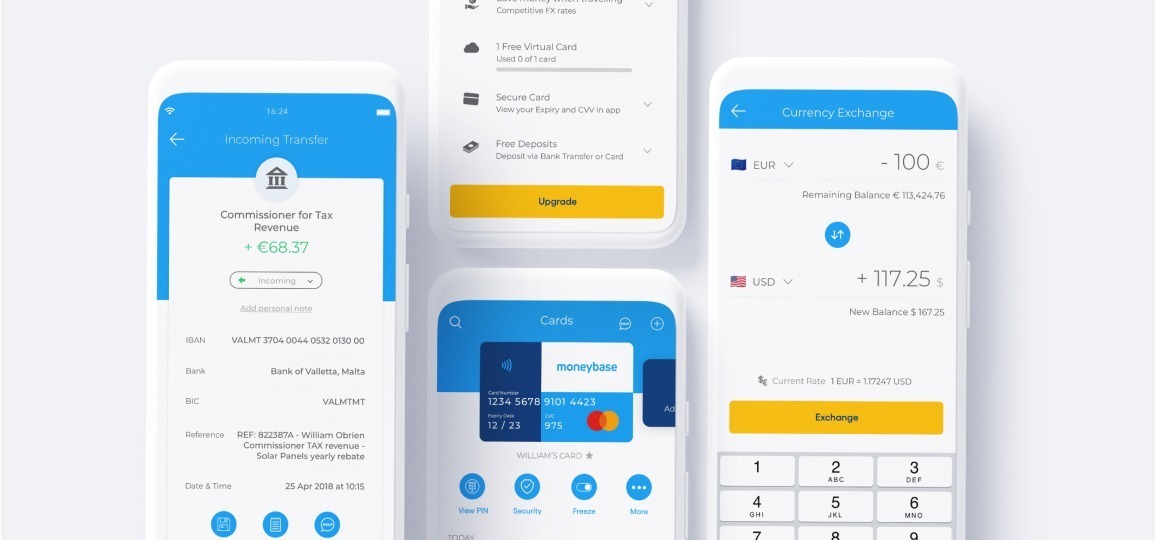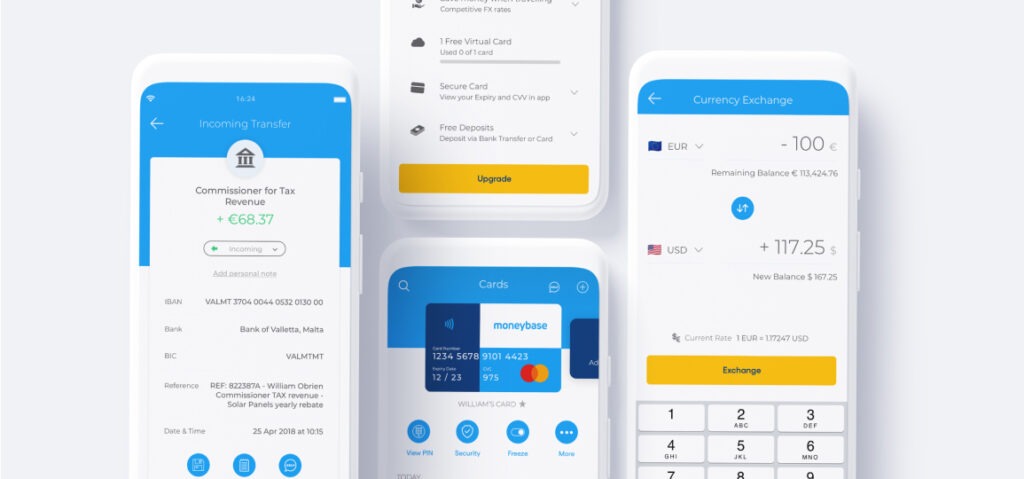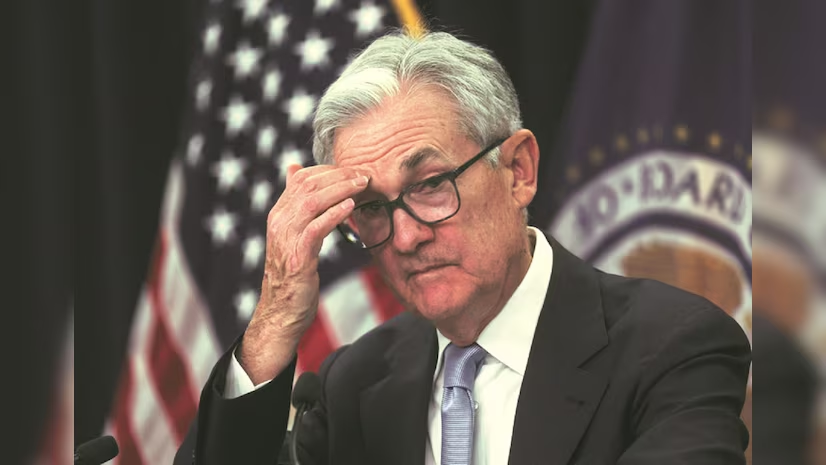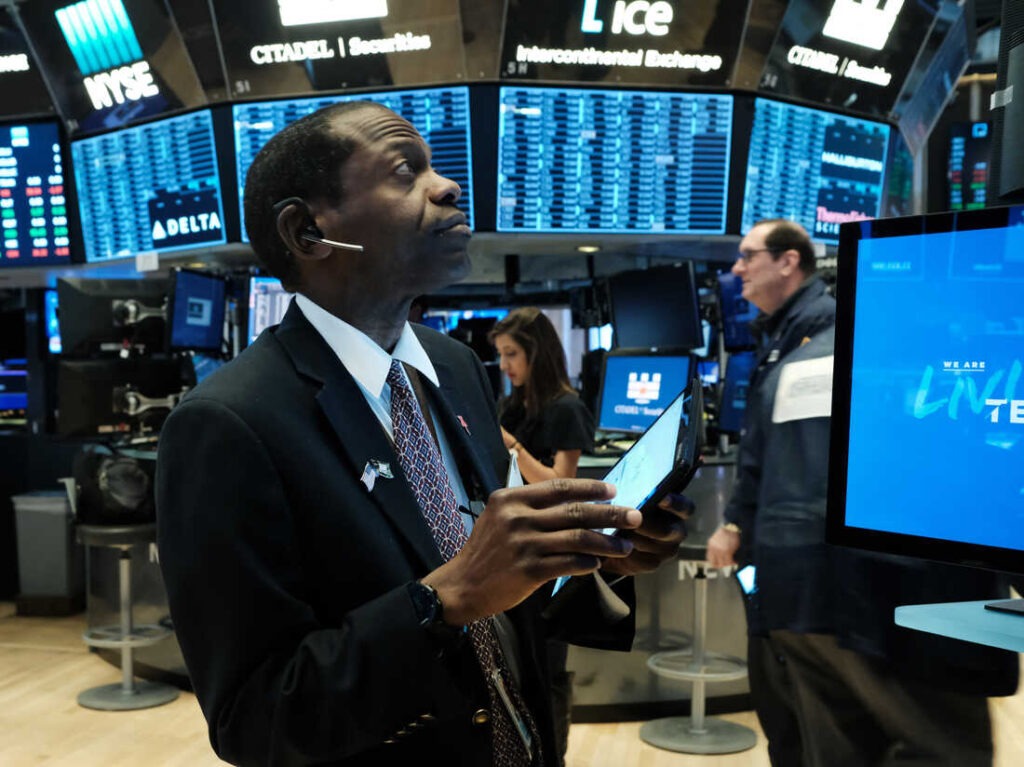US shares closed sharply lower on Thursday, driven by a significant economic slowdown revealed in GDP data. The S&P 500 dropped 0.5%, the Dow Jones fell 375 points, and the Nasdaq declined 0.6%. Q1 GDP growth was 1.6%, below forecasts, yet core PCE prices rose 3.7%, surpassing expectations. Disappointing earnings from Meta and IBM further dampened sentiment, while Microsoft, Alphabet, and T-Mobile were due to report earnings after the bell. In Europe, equities also closed lower, with the STOXX 50 down 1%, amid concerns over the bloc's economy and inflation. Luxury giants LVMH and Hermes were among the biggest losers, while Sanofi rose 4.3%, and Deutsche Bank surged over 8%, with BNP Paribas also posting upbeat profits.
Summary for 26.04.2024
- Most Asian shares rose on Friday, lifted by strong tech sector gains following robust earnings from Microsoft and Alphabet. Japanese equities edged higher ahead of the Bank of Japan meeting, while softer Tokyo inflation data added uncertainty. Tech-heavy indices like South Korea’s KOSPI and Hong Kong’s Hang Seng performed well. Australian equities fell due to higher producer price index inflation, signalling potential interest rate hikes.
- European and US equity markets are poised for a rebound, particularly technology shares, following strong earnings from Microsoft and Alphabet overnight, with investors shrugging off previous session losses amid concerns over the economy and persistent inflation.
- Oil prices rose slightly in Asian trade this morning, supported by expectations of tighter supplies and ongoing geopolitical unrest in the Middle East. Brent crude futures increased by 0.4% to $89.32 a barrel, while West Texas Intermediate rose by 0.4% to $83.86 a barrel. Despite concerns over US inflation data, oil prices were on track for weekly gains, with Brent up about 2% and WTI adding around 0.5%.
- The Bank of Japan left its key rate at 0% to 0.1% in April, continuing bond purchases post-March's hike. CPI projections for FY 2024 rose to 2.8%, with FY 2025 core inflation expected at 1.9% due to higher oil prices. GDP forecasts were lowered for 2023 and 2024, reflecting decreased private consumption, with growth estimates at 1.3% and 0.8% respectively.
- The US economy expanded at an annualised rate of 1.6%, down from 3.4% in the previous quarter and below the expected 2.5%. Consumer spending slowed to 2.5% due to a decrease in goods consumption, while services spending increased. Non-residential investment eased, particularly in structures, but equipment investment rebounded. Government spending and exports grew less, while imports surged. Private inventories detracted from growth, while residential investment saw a double-digit increase.
- Alphabet's shares surged over 11% in after-hours yesterday as the company reported better-than-expected fiscal Q1 2024 results. Earnings per share stood at $1.89, surpassing estimates of $1.51, with revenue hitting $80.54 billion, above the projected $78.71 billion. Operating income rose 46% year-over-year to $25.5 billion, and net income reached $58 billion. Alphabet announced its first-ever dividend and authorised a new $70 billion share repurchase program.
- Microsoft's fiscal Q3 results surpassed estimates, with earnings of $2.94 per share on revenue of $61.9 billion, driven by strong demand for artificial intelligence in its cloud business Azure. Azure and other cloud services grew 31%, outpacing analyst expectations of 28.6%. Microsoft's diverse revenue streams, including a 17% increase in personal computing revenue, position it well against economic uncertainties.
- Intel reported mixed Q1 results and softer Q2 guidance, projecting adjusted earnings of $0.10 on revenue of $12.5B to $13.5B, below estimates. Concerns rose over Intel's position in the AI chip market, exacerbated by widened losses at Intel Foundry. Despite this, Intel expects revenue and non-GAAP EPS growth in fiscal year 2024. Shares fell over 7% in afterhours trading.
- T-Mobile US raised its annual forecast for adding bill-paying phone subscribers, now expecting 5.2 million to 5.6 million additions in 2024. The increase is due to popular plans bundling high-speed internet with streaming services like Netflix and Apple TV+. Its first-quarter addition of 532,000 subscribers surpassed estimates. Despite slightly lower revenue at $19.59 billion, profit of $2 per share exceeded estimates of $1.87.
- Gilead Sciences reported a revenue increase in Q1 2024 to $6.65 billion, exceeding expectations and boosting shares by 3%. However, the company faced an adjusted EPS shortfall of -$1.32 compared to estimates of $1.56 due to significant one-time charges related to acquisitions. Despite this, CEO Daniel O'Day highlighted strategic progress and provided full-year EPS guidance slightly below analyst consensus.
- Snap projected a positive revenue forecast for Q2, expecting between $1.23 billion and $1.26 billion, surpassing estimates. Adjusted EBITDA is forecasted between $15 million and $45 million, well ahead of estimates. Daily active users are estimated at approximately 431 million, slightly above expectations. Snap shares surged 24.5% in after-hours trading, following strong Q1 results with revenue of $1.19 billion, a 21% increase year-over-year, and improved adjusted EPS at 3 cents.
- Caterpillar warned of a sales drop in the current quarter due to dealers tightening equipment inventories, signalling a potential end to the machinery demand boom. Weakness in construction equipment sales outside North America, particularly in Europe and China, contributed to the concerns, leading to a 7% drop in Caterpillar's shares.
- Cemex reported a 13% increase in net profit for the first quarter, reaching $254.4 million, beating analysts' expectations. Revenue inched up 3% to $4.14 billion, slightly below estimates, with Mexico showing strong growth while the US experienced a slight dip due to weather conditions. Overall, EBITDA rose 5% to $772.4 million.
- Bristol Myers Squibb reported a first-quarter loss due to charges from acquisitions, leading to an 8% drop in shares. The company plans to cut costs by $1.5 billion by 2025, including 2,200 job cuts. Adjusted profit forecast for 2024 was slashed due to deal expenses, with revenue growth driven by Eliquis, Reblozyl, and Opdualag.
- Newmont Corp exceeded expectations with first-quarter profit, benefiting from increased gold production, higher prices, and reduced operating expenses. Attributable gold production rose to 1.7 million ounces, and the company disclosed strong interest in its asset sale plans. Despite the suspension of operations at its Cerro Negro mine, shares rose 11.2% to a nine-month high.
- Union Pacific exceeded Wall Street expectations for Q1 results, reporting flat revenue but beating estimates. While facing volume challenges, particularly in coal, the company saw strong pricing and productivity gains. It plans to restart share repurchases in Q2. Despite economic uncertainty, Union Pacific is focusing on pricing strategies to counter cost inflation. Operating ratio improved to 60.7%.
- Hermes reported a 17% increase in Q1 sales to €3.805 billion, exceeding forecasts. The luxury brand benefited from wealthy clientele, contrasting with some peers' struggles. Its strong pricing power and high-end customer base contributed to resilience. Despite concerns about Chinese store traffic, Hermes maintained positive growth expectations amidst global uncertainties.
- Barclays reported a 12% drop in Q1 pre-tax profit, better than expected, due to struggles in its investment banking arm. Total revenue decreased 4% but beat estimates. Investment banking income fell 7%, slightly below forecasts. Barclays maintained its annual return on tangible equity guidance above 10% amid a restructuring plan to enhance returns and management oversight. Analysts at Citi viewed the results positively, and Barclays' shares rose.
- AstraZeneca exceeded market expectations with quarterly revenue and profit increases, driven by demand for key drugs like Tagrisso and partnerships like Enhertu with Daiichi Sankyo. Oncology sales surged 26%, leading to a 19% rise in revenue to $12.68 billion. R&D investment and new drug launches contributed to the strong performance. CEO Pascal Soriot emphasised the importance of competitive compensation to attract global talent in the industry.
- Unilever surpassed first-quarter sales forecasts with a 4.4% rise in underlying sales growth, driven by increased volumes and prices. The company's efforts to recover lost volumes, coupled with a slowdown in price hikes, contributed to the positive results. Unilever maintained its full-year guidance, expecting sustained volume-driven growth amid its Growth Action Plan.
- Adyen's Q1 net earnings reached €438 million, a 21% increase from the previous year, remaining stable at constant exchange rates. The fintech platform for large corporations saw a 46% rise in processing volumes to €297.8 billion, driven by increased volumes from existing clients. Adyen reaffirmed its financial targets, including annual sales growth between 20% and 29% until 2026 and an EBITDA margin exceeding 50% by 2026, while keeping expenses limited to 5% of net sales. Still shares dipped by over 18% yesterday.
- Hertz Global faced a challenging first quarter of 2024, reporting an adjusted net loss of $392 million, missing analyst estimates. Despite a 2% revenue increase to $2.1 billion, increased vehicle depreciation and operating costs impacted earnings. CEO Gil West outlined strategies to optimise vehicle supply and enhance customer experience. Despite setbacks, Hertz remains committed to improving profitability.
- Royal Caribbean Group raised its annual profit forecast for the second time, buoyed by record bookings and higher ticket pricing. Quarterly profit and revenue surpassed expectations, driven by increased demand for cruises. The company now expects adjusted profit of $10.70 to $10.90 per share, up from the earlier forecast of $9.90 to $10.10.
- BHP Group's proposed $39 billion takeover bid for Anglo American faces resistance from Anglo's management and investors, who consider it unattractive and opportunistic. BHP offered a 31% premium, but Anglo's concerns include complexities in demerging assets. Analysts suggest other mining giants like Rio Tinto and Glencore might present alternative bids.
- HSBC upgraded UPS to Buy from Hold, raising the price target to $170 from $150 per share. UPS's Q1 results surpassed expectations, indicating a turnaround in volumes and margins starting from Q2. The potential USPS contract and improved margins could boost confidence in UPS's 2026 guidance.
- Bank of America analysts highlighted the continued attractiveness of small-cap equities compared to large-cap equities, emphasising "pockets of SMID not to be ignored." While small-cap multiples expanded, they remain relatively inexpensive, suggesting potential outperformance. Energy, Materials, and Industrials are identified as historically cheap sectors with low refinancing risks.






